Conservation Champion Batch 2
Thresher Shark Conservation Champion Batch II is a continuous program of Conservation Champion Batch I, initiated in 2020 and held back in 2022. There are 16 selected Alor youths as ambassadors of Conservation Champion Batch 2. They are from 6 sub-districts in Alor regency, East Nusa Tenggara.
These 16 selected Alor youths will continue the conservation projects initiated by Champion Batch I, but in a different location. This batch has included a new program concept called the conservation curriculum. Next, five people from Champions Batch II will receive diving training to open water divers freely.
Thresher Shark Conservation Champion Batch II is supported by the UK’s government through the Darwin Initiative managed by Yayasan TAKA in Indonesia, Ocean Blue Tree Flipflop and Treacle, and Oasea Laboratories. This Program will be running from June 2022 to February 2023.
Stories
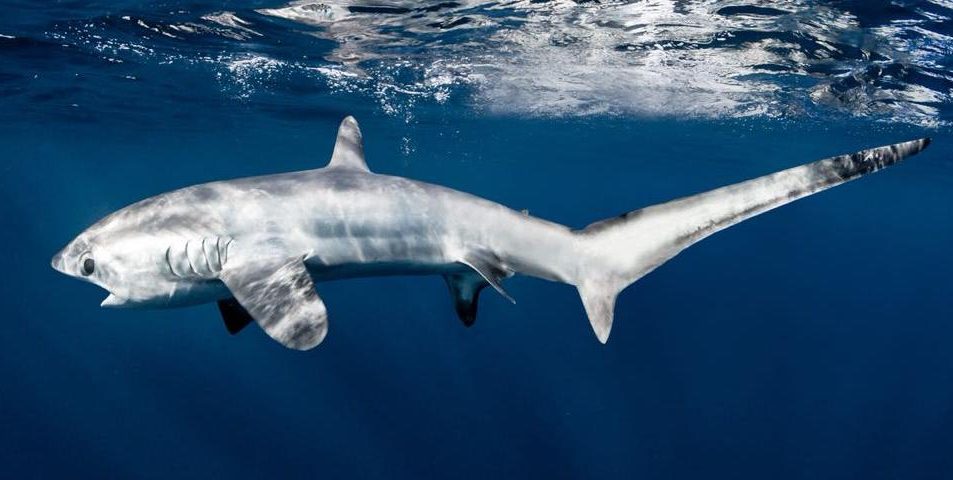
Maintaining Balance: Thresher Sharks and People in Alor – A Story by Harley James
Protecting endangered Thresher Shark (Alopias pelagicus) whilst providing alternative livelihood for shark-dependent communities in Alor. Story Overview Background and Status Threats and Challenges The Initiation Current State and Impacts We as a Citizen Science Ways to Help Background and Status Alopias pelagicus Have you ever heard about this majestic looking shark? Look how beautiful…
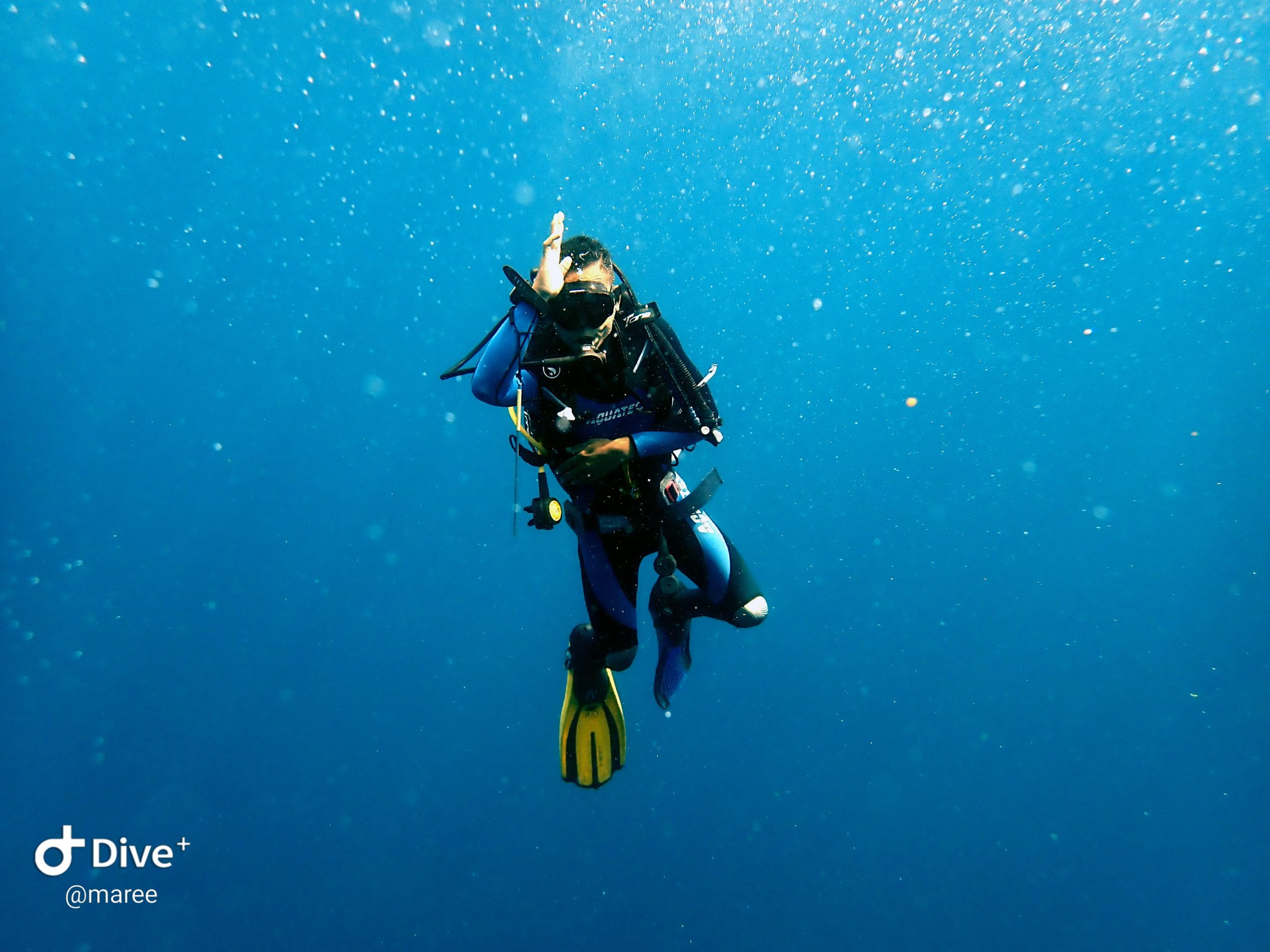
Thresher Shark Conservation Champions Keep On Making an Impact on Their Communities
It has been a year since we conducted the youth conservation development program in Alor. 20 Alor youths from all around the Alor archipelago were selected to become Thresher Shark Conservation Champion in 2021. Alongside the mentors, they had received training on leadership, communication, and knowledge of marine conservation. Ever since the program ended, our…
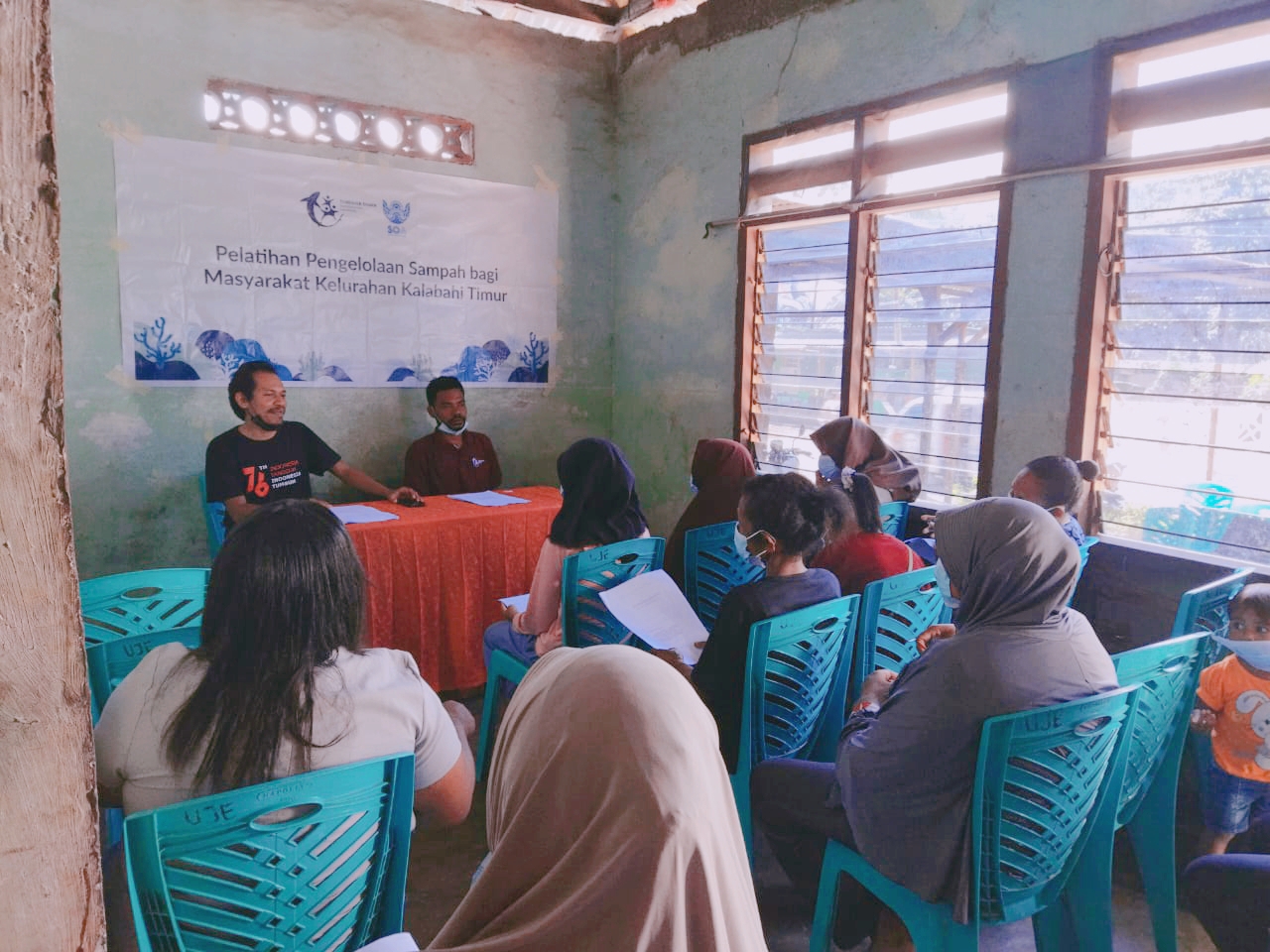
Thresher Shark Champions Organize Follow-Up Waste Management Training for East Kalabahi Community
KALABAHI, LENSANUSAKENARI.NET – The Thresher Shark Champions has successfully organized a follow-up waste management training for the East Kalabahi community, Teluk Mutiara Regency, Alor. This event was carried out in one of the villager’s residences on Friday, February 18, 2022. The four-hour activity was filled with enthusiasm from the 25 women who were representatives of East…
Mentor
Champions
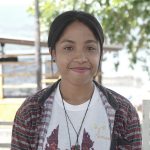
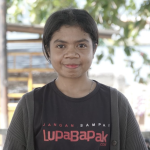
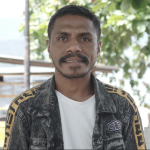
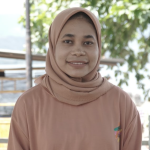
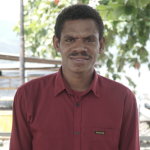
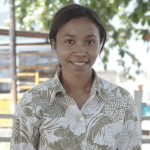
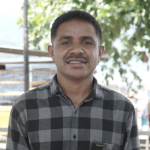
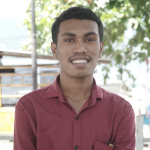
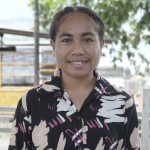
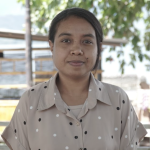
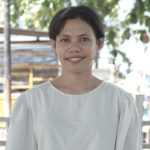
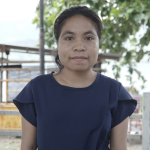
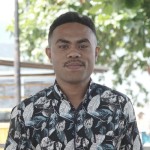
Laut Sawu
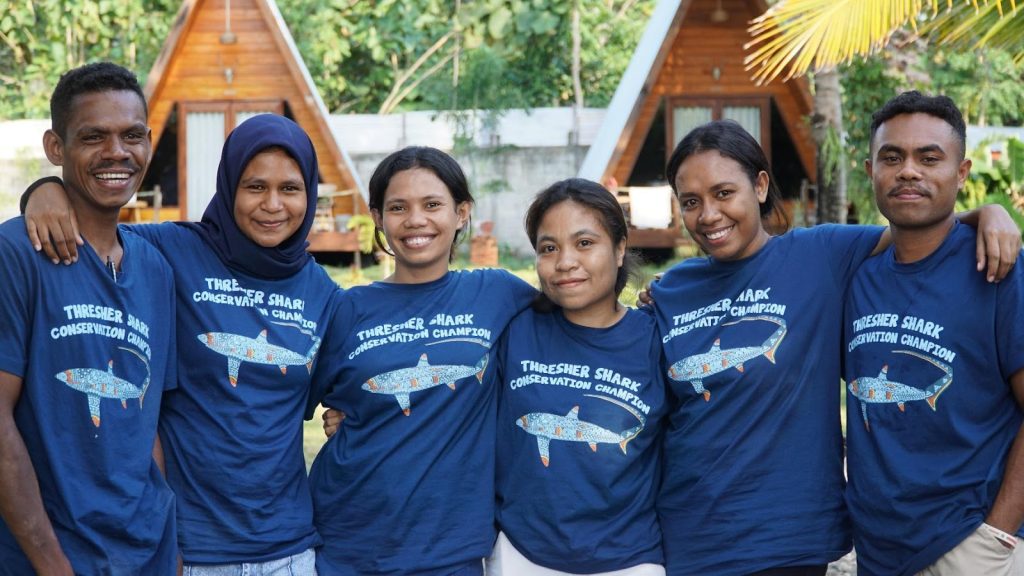
Project name: Utilization and management strategy for plastic waste At Alor Besar Village
Location: Alor Besar Village.
The waste issue at Alor Besar Village occurs due to society’s lack of understanding of waste management and the absence of landfills in the neighborhood; therefore, locals frequently dispose of their waste in the coastal areas and dry rivers. This leads to a lot of household waste hoarding, with part of it being burned and the rest stacking up. It could have detrimental effects on the environment and public health itself.
Looking at those issues, the Laut Sawu group initiates the construction of waste management systems for plastics and builds local awareness to solve the waste issues at Alor Besar Village. In this project, the Laut Sawu group works with the government of Alor Besar Villager, the Alor Besar Village youth community (Apesola), and the local trash collector. There are 4 outputs from this project:
- The development of a waste management system study in Alor Besar Village.
- The increasing creativity results from plastic waste management systems and the availability of waste processing or community recycling of up to three sorts that are utilized or sold.
- Creating simple temporary landfill facilities made from wood or bamboo.
- Monitoring and evaluating the waste management system and the usage of waste management facilities.
Laut Flores Group
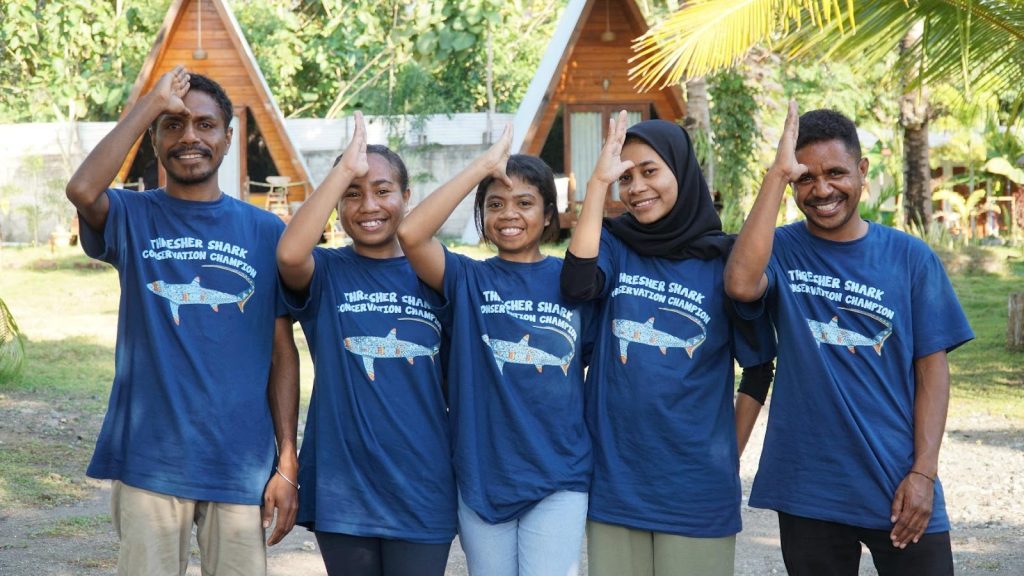
Project name: Mangrove Fortress Marine Ecosystem (Mangrove Benteng Ekosistem Laut)
Location: Fanating Village
The damage to the mangrove ecosystem at Fanating Village caused by natural disasters such as a storm (Seroja), floods, and the high-intensity of rainfall that has damaged the growing mangrove. It leads the Laut Flores Group to initiate a mangrove restoration program at Fanating Village. This program aims to restore a hectare of mangrove forest by planting 1000 mangroves. In this program, the Flores Marine Group collaborates with a wide range of stakeholders, including the community, schools (Elementary to Senior Highschool), communities working on environmental issues, the Fanating Village Government, and the Regional Government. It is expected that this would enlighten the locals of Fanating Village about the significance of mangrove conservation and serve as the basis for the next comprehensive monitoring system.
Selat Pantar Group
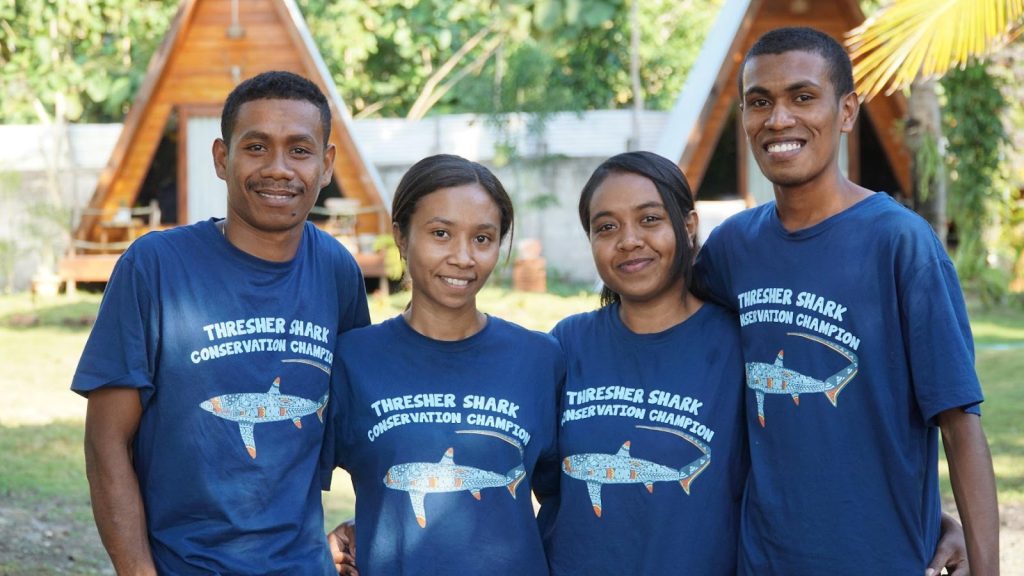
Project name: Acquisition of Teaching Marine Conservation Materials Supporting Equipment and Facilities for Pura Island Elementary Students
Location: Pura Island
Pura Island has a very diverse marine biodiversity. However, it is threatened by the destruction of the marine ecosystem, which may be damaged by the use of coral reefs as trap ballast, the placement of traps on living coral, and the disposal of plastic waste along the shore. Therefore, in 2022 Thresher Shark Indonesia initiated a conservation curriculum program for elementary schools at Pura island, Alor, East Nusa Tenggara. Regarding that, Selat Pantar Group supports it by providing supporting training tools and facilities for marine conservation. Selat Pantar Group works collaboratively with education authorities in Alor and Pura Island Elementary Schools in this project. By introducing conservation education at an early age, it is expected that the locals of Pura Island will have a better knowledge of the significance of conservation and implement it into their daily lives.

